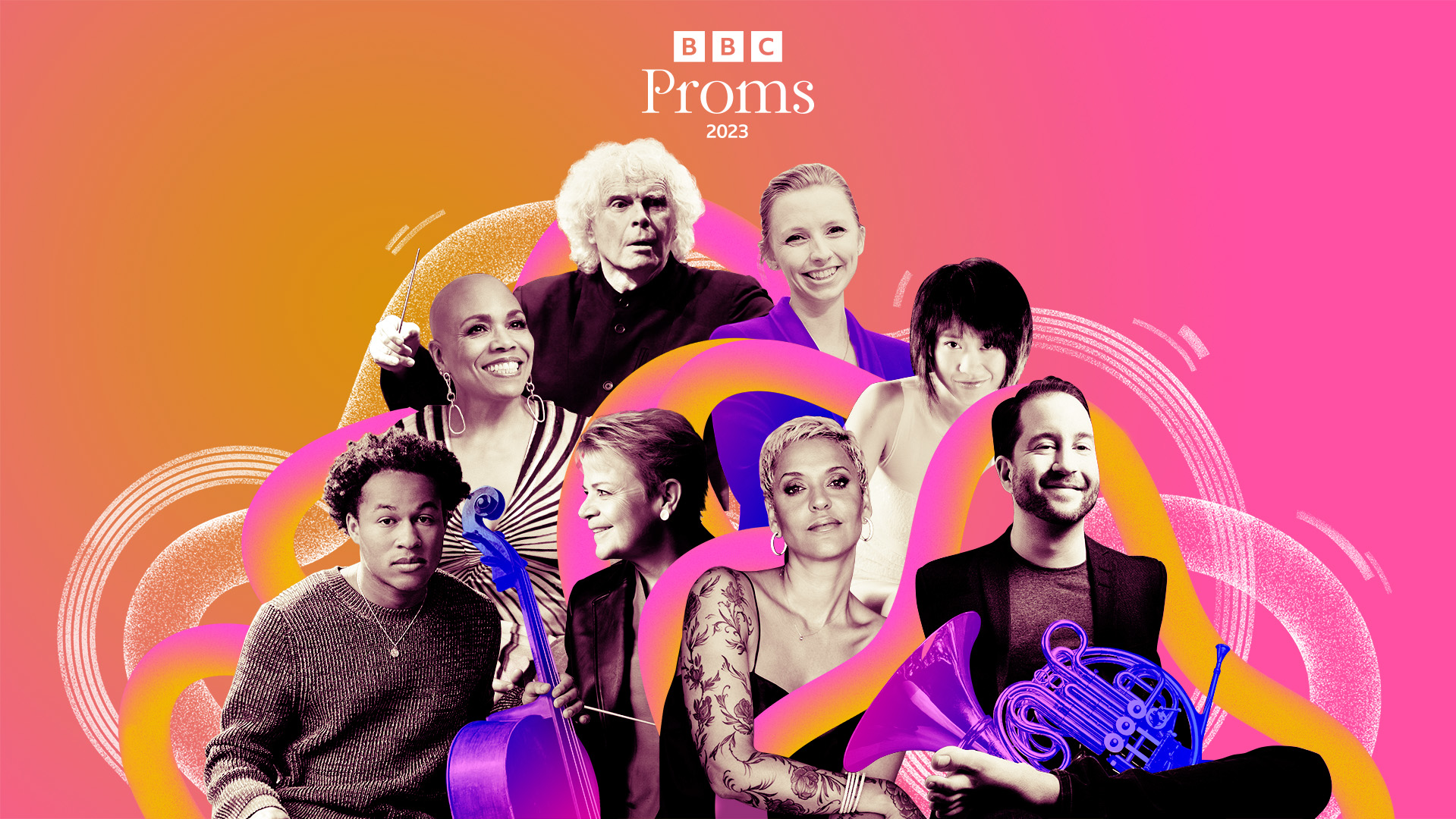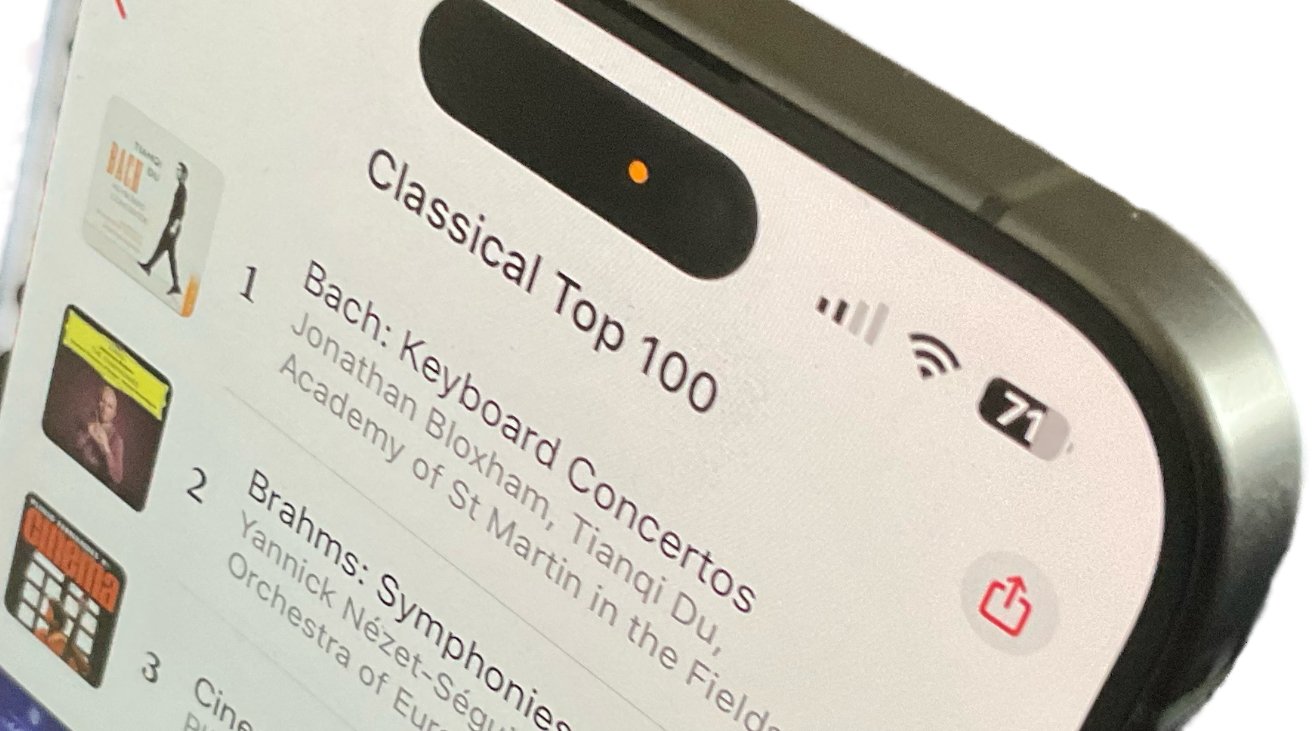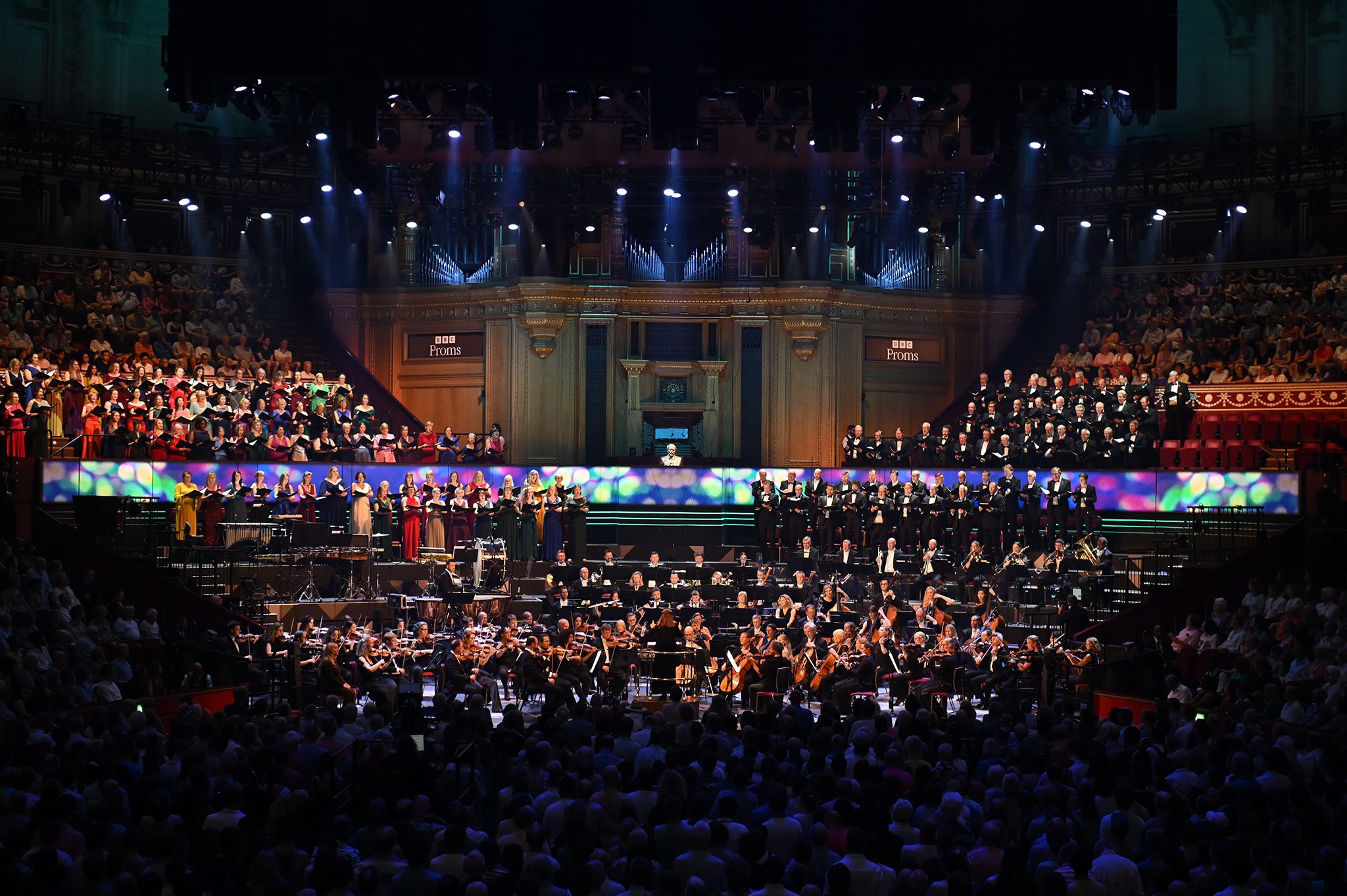After the recent U-turns on a significant part of its classical music strategy, the BBC will be hoping for success with this year’s Proms season. More UK-wide events and more content made available for longer illustrates how the BBC’s most valuable content brand seeks to increase audience reach and relevance. But, safe programming and a diminishing number of international performers hints at how the squeeze on the Licence Fee is being felt by the ‘world’s largest classical music festival’.
The BBC have a problem with this year’s Proms season. With the inept decision-making laid bare in the Corporation’s Classical Music Strategy released in March this year which saw the BBC Singers cut and the threat of 20% of orchestral players pulled from the BBC Symphony, Concert and Philharmonic orchestras, a dark shadow was cast over the summer.
Some of that woeful strategy has already been reversed. The BBC Singers are now, so we’re told, safe from cuts and, interestingly, where they weren’t scheduled to appear in any Prom concerts, now they’re appearing (according to the Proms press release) in five. The BBC has also issued a statement that suggests a U-turn on the 20% cuts to orchestral players too. The extent to which that U-turn is trusted depends on whom you speak to. Therein lies one of the BBC’s problem this year: trust.
Looking over the press release and the listings made available online this morning, it’s difficult not looking at the forthcoming Proms season with those events in mind. Those ill-thought-out and poorly executed plans exposed far more about the inner workings of the Beeb than was helpful. To what extent are those same people involved in the programming decisions this season? Is it possible to see the hand of Lorna Clarke, Director of Music in some of the concerts or the season as a whole? Is the ‘world’s largest classical music festival’ fraying at the edges a bit? Is it as good as it was? Is there evidence of less money available and is that to the detriment of the programming?
A gateway to wider discovery
This is now the seventeenth Proms launch I’ve written about. One thing is consistent about the launch: it nearly always disappoints, confuses and confounds. There’s always something that isn’t quite right, or a clear sign of things fraying at the edges or things heading inexorably towards wholesale decline. People like me nearly always cry foul in moments like this, like a moody teenager disappointed about their Christmas morning stash.
As each year passes so the expectation is greater. Each season is compared to a mix of heady memories drawn from multiple seasons when the water fountain still remained, and queuing for your paper ticket was still an actual thing. Amid this clouded objectivity, no new season is ever going to compete well and in the emerging vacuum negative thinking, doubt, fear, and probably a little bit of loathing find their home.
I’m reminded too as I embark on writing a new book about classical music and mental health, how the vast majority of my continued learning about the genre has come from the BBC Proms. Each season has acted as a starting point for further personal discovery. That is after seventeen years surely going to be more of a challenge for programmers not less. Is it possible, I’ve been thinking over the years, that the BBC Proms isn’t for people like me, but for the vast majority of people who aren’t as immersed in it as me? If I feel disappointed isn’t that evidence of it previously having done its ‘job’?
Licence Fee squeezed
Money is undoubtedly an issue. This year’s launch trumpets (I’m not seeking forgiveness for the pun) 84 Prom concerts featuring 3000+ musicians. It’s a punchy figure and certainly more concerts than ever before amid a time when inflation is high. That might suggest that there’s more money available for classical music at the BBC. The BBC would want to emphasise that investment remains in the genre rather than being reduced. But this is set against an increase in the Promming ticket of £2 to £8, and the cheapest seated ticket up from 50p to £9. That’s still a bargain to hear live music. But to capitalise on that, the big challenge here will be to amplify how purchasing Promming tickets has changed (ie Promming tickets are now booked online on the day not in person).
Even with these modest changes, the point remains that the Licence Fee subsidises the Proms season. It always has. And that means that if the Licence Fee is squeezed so the Proms will be too. My memory of a launch event a few years back in Battersea Arts Centre (2018, I think) was the industry leaders were saying even then that their programmes necessarily lacked ambition because the BBC didn’t have the money to take the risks. Safer bets on core repertoire, light, entertainment, pop, and film music, BBC brand collaborations meant projected losses could be significantly reduced.
A few years later the BBC’s Licence Fee woes have meant taking decisions to cut all manner of different services – News, entertainment TV, daytime TV – focussing on big-hitting items instead, AND they’re having to host Eurovision too. They may have tried to cut the musicians and failed but it will be far easier to absorb ‘cuts’ in a nearly three-month classical music festival. There are 8 international orchestras this year compared to last year’s 10 international ensembles. In 2002 there were 16 international groups, and whilst this figure fluctuated in the intervening years, in 2016 and 2017 I counted as many as 17.
Brexit plays a part too – the administrative burden on ensembles makes a trip to the UK a less attractive proposition financially and logistically. If it really is the case that it’s the least number of international orchestras, that might suggest there’s greater emphasis on the BBC’s in-house bands filling the concert platform. There was talk BBC players might boycott the Proms if those original cuts weren’t reversed. No real surprise they have. The Proms could have looked really quite messy if they hadn’t.

Familiar artists and safe programming helps align the Proms with the BBC’s wider content strategy
The line-up of artists are familiar. The season’s publicity leads on Yuja Wang, Sir Simon Rattle and Masabane Cecilia Rangwanasha, with favourites Pekka Kuusisto, Benjamin Grosvenor, Stephen Hough and Dame Sarah Connolly also listed.
The order in which the Proms key messages are listed in the press release hints at the direction of travel in terms of the BBC’s strategic thinking, a document which is intended to appeal to the widest selection of contacts and ultimately the broadest audience segment possible. So, range of music is key, geographic location (with concerts spanning multiple venues across the country, and catch-up/listen again material available on BBC Sounds and BBC iPlayer for a 12 month period. That’s the BBC seeking to expand the Proms beyond London and into the regions providing an opportunity to bring brands into areas of the country that wouldn’t necessarily be aware of them. Plus they’re making the live content captured at concerts available for longer than the Proms season itself. This is aligning the Proms to wider BBC plans. A bigger question remains – when the BBC moves to subscription, will the Proms content be free to access or pay-to-view or listen?
In terms of programming, there is a clear sense that programmes have been put together to sell tickets and drive audience reach. That’s reflected in the preponderance of core repertoire, instantly recognisable works and composers, and lighter collaborations featuring heavily at the beginning of the season (when the Proms has the greatest attention). There are no ‘uncomfortable’ events. There’s little in the season that will ‘frighten the horses’. It is all very safe.
Whether or not that is a disappointment is a reflection of what you perceive the BBC Proms is there for. The content of the season doesn’t necessarily see it occupying the same cultural space it did say twenty years ago. On the flip side it feels like a season in entirety that would act as a sound introduction to the genre for any newcomer. And maybe that’s the position the BBC sees the Proms being in the years to come. In that way the BBC maybe is sending a clear signal to the rest of the industry that it’s now an opportunity for them to create ongoing pathways for audiences.
The BBC Proms runs from Friday 14 July to Saturday 9 September 2023. For more information visit bbc.co.uk/proms.



